From the Bard Observer (September 9, 1964). I ran the Friday night film series during most of my time at Bard College, and in many cases, I was booking these films in order to see them for the first time (although, as I recall, not in the cases of North by Northwest, Zazie, Jules and Jim, This Sporting Life, Freaks, or The Phenix City Story). –- J.R.
Sept. 12 KEY LARGO (See page 4 for a review.) [Note: this was a reprint of James Agee’s original review of this film in The Nation.]
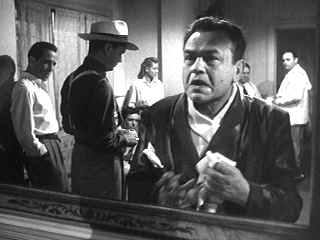
Sept. 18 TROUBLE IN PARADISE. Continental comedy borne up out of the early thirties, directed by Ernst Lubitsch.
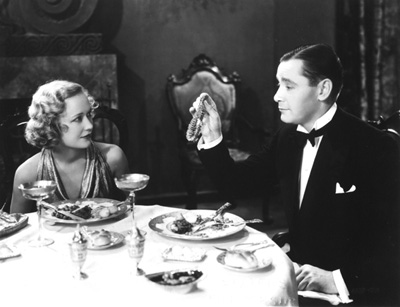
THE PASSION OFJOAN OF ARC. Mlle. Falconetti suffers in public and in silence. Directed by Carl Dreyer in 1928.
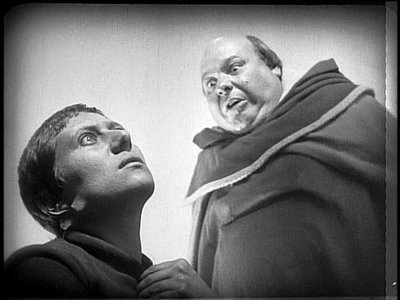
_________________________________________________________________________________________________ Sept. 25SAWDUST ANDTINSEL Also known as “The Naked Night”. The only Ingmar Bergman film Bard can afford (also one of the best). A circus setting; made in 1953.
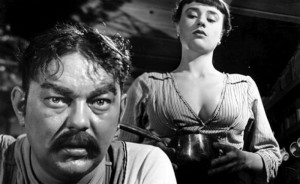
Also: “Jammin’ the Blues,” 10 minutes of Lester Young, Harry Edison, Jo Jones and others.
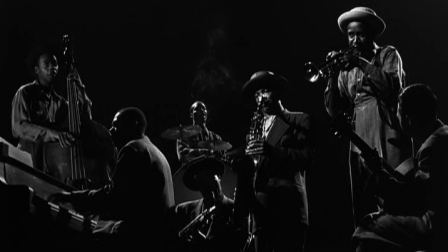
Oct. 2 FREAKS/THE PHENIX CITY STORY A double feature devoted to le film maudit: 2unconventional American “B” pictures—the first an unclassifiable and unsettling 60-minute story of sideshow life, the second a sensational “exposé” of corrupt Alabama politics, filmed on location. Read more
From the Chicago Reader (June 1, 2002). — J.R.

The first feature Alexander Dovzhenko made outside his native Ukraine (1935, 93 min.) takes place in a vast Siberian forest on the Pacific coast populated by religious villagers, hunters and adventurers, and Japanese spies, where the Soviets planned to establish an airfield and a city. Frankly operatic in its portraiture and poetic sylization, this Soviet masterpiece began as propaganda but veers closer to pagan fantasy than any of Dovzhenko’s other sound films, and it quickly became a favorite of both Elia Kazan and James Agee when it opened in the U.S. under the title Frontier. As always in Dovzhenko, the depictions of death are especially memorable. In Russian with subtitles. (JR)
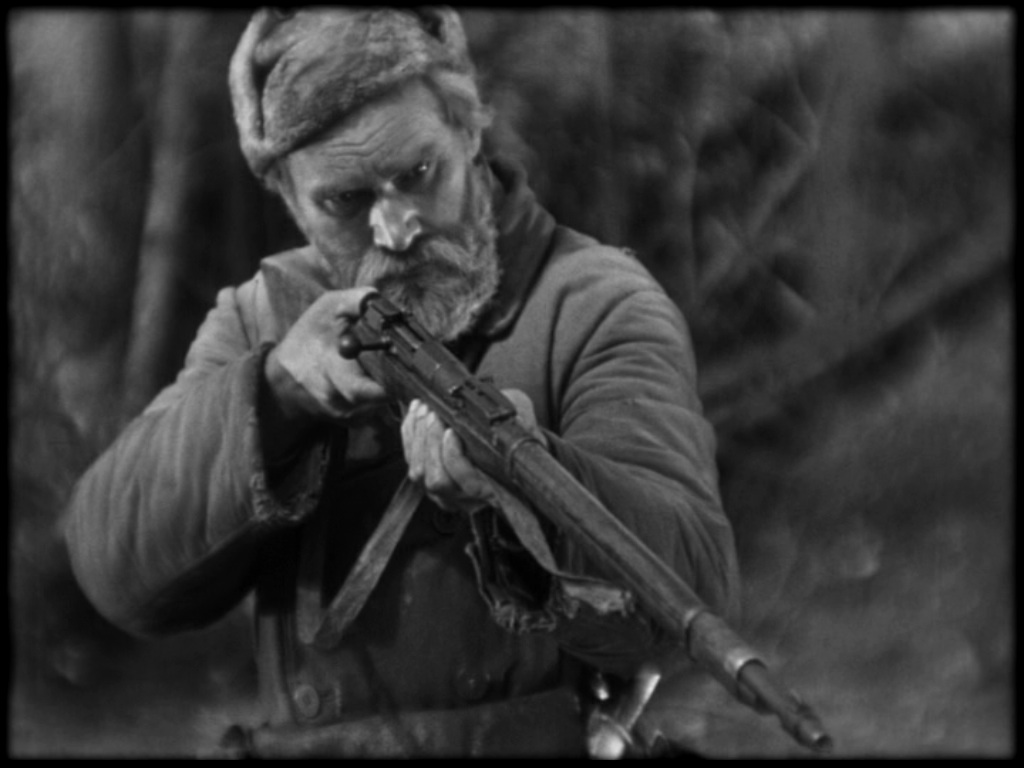 Read more
Read more
The second part of my reprinting of Moving Places: A Life at the Movies (1980); this part appeared originally in Film Comment, and for this appearance I’ve added several illustrations.
Note: The book can be purchased on Amazon here, and accessed online in its entirety here. — J.R.
Prelude—
What I Did on My Summer Vacation (September 1977)
Imagination believes before knowing constructs. Believes longer than remembers, longer than knowing even conjures. Knows believes conjures a highway in Mississippi, August 10, on the way to Faulkner’s home in Oxford, tracing a literary pilgrimage from Florence, my hometown in Alabama, part of whose route might approximate the pregnant journey of Lena Grove on the opening pages of Light in August.
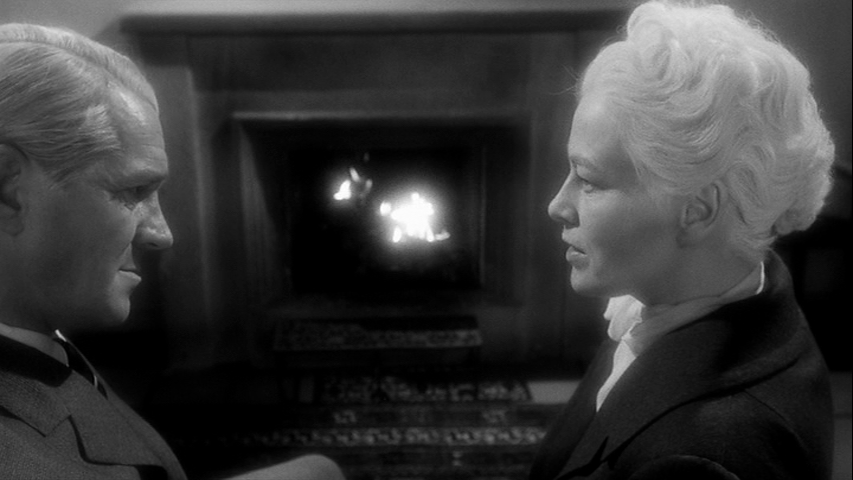
What has any of this to do with cinema? First, the car’s languid progress up and down a straight road flanked by forest: a trick of suspended time, pure movie and pure Faulkner. Then the hot moist afternoon light filtering through the branches into a milky pool of delicate focus, like the last scene in Carl Dreyer’s Gertrud, making it easy to imagine in a tactile, even in a carnal way why Dreyer wanted to adapt Light in August, thinking Yes of course only Dreyer could have done it right, handled both sides of the dialectic, all the hot wood and cold flesh and embracing palpitant air, impregnable and inviolate. Read more








